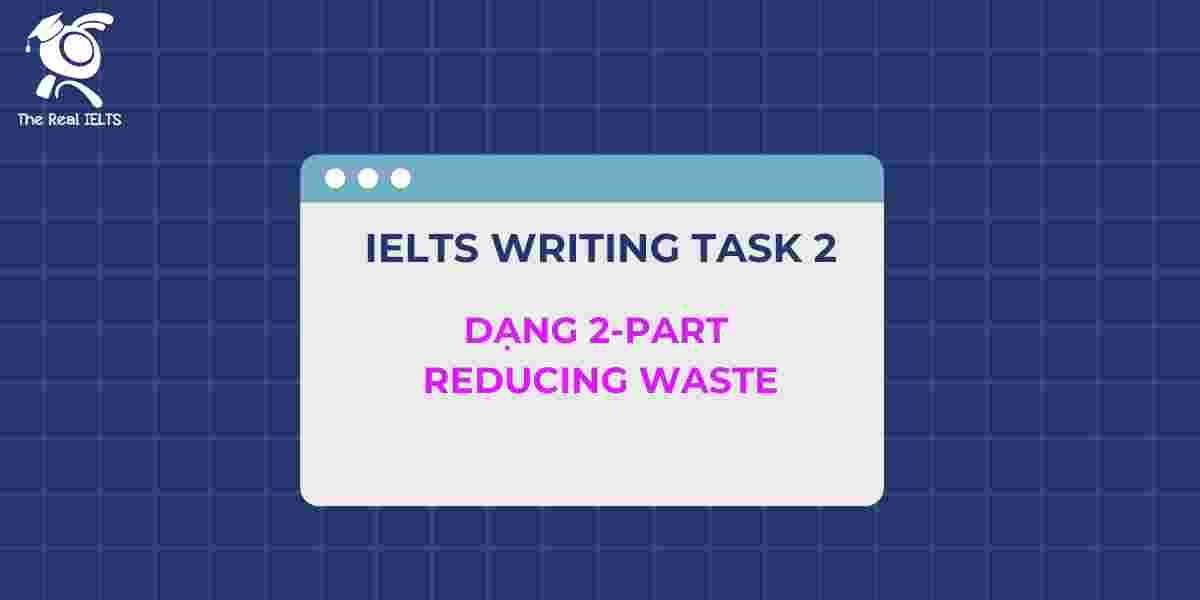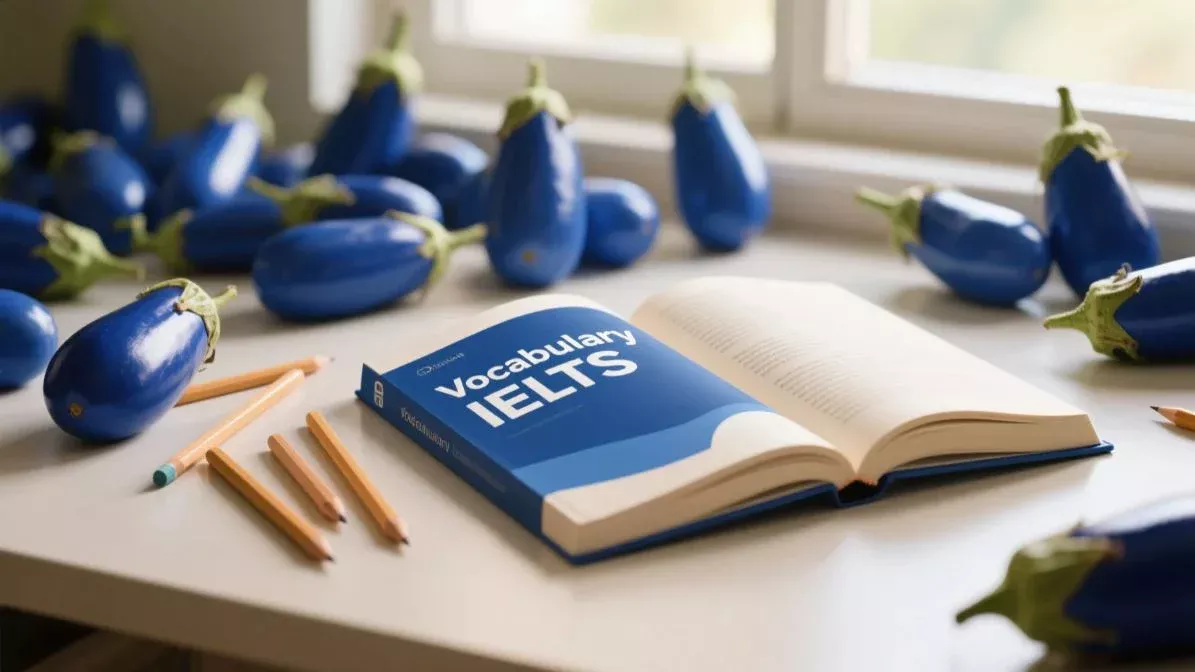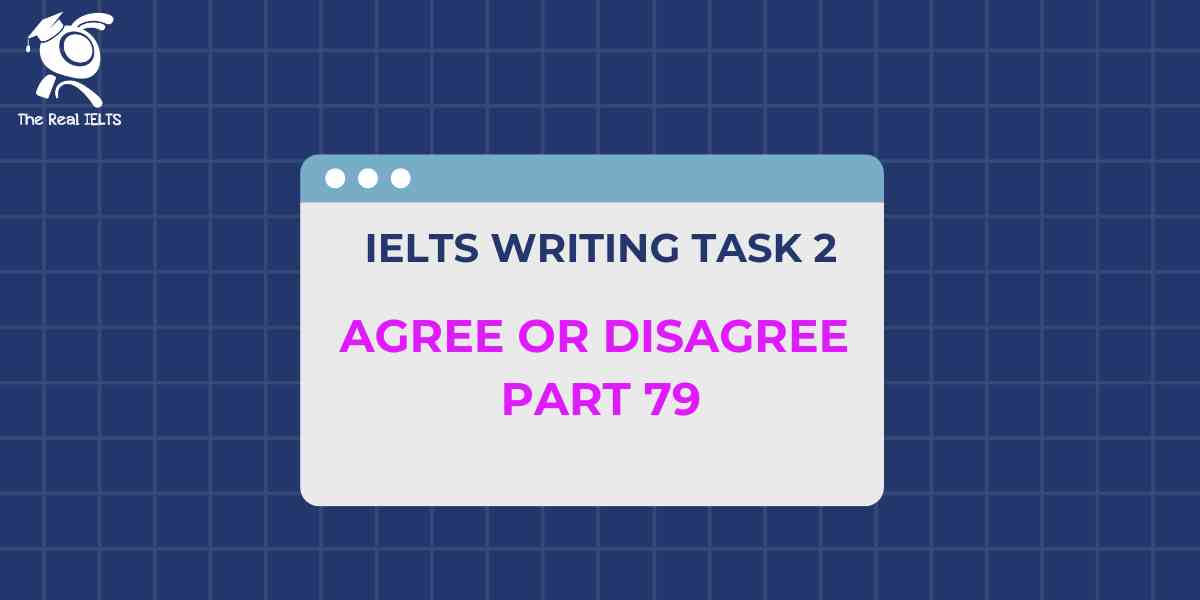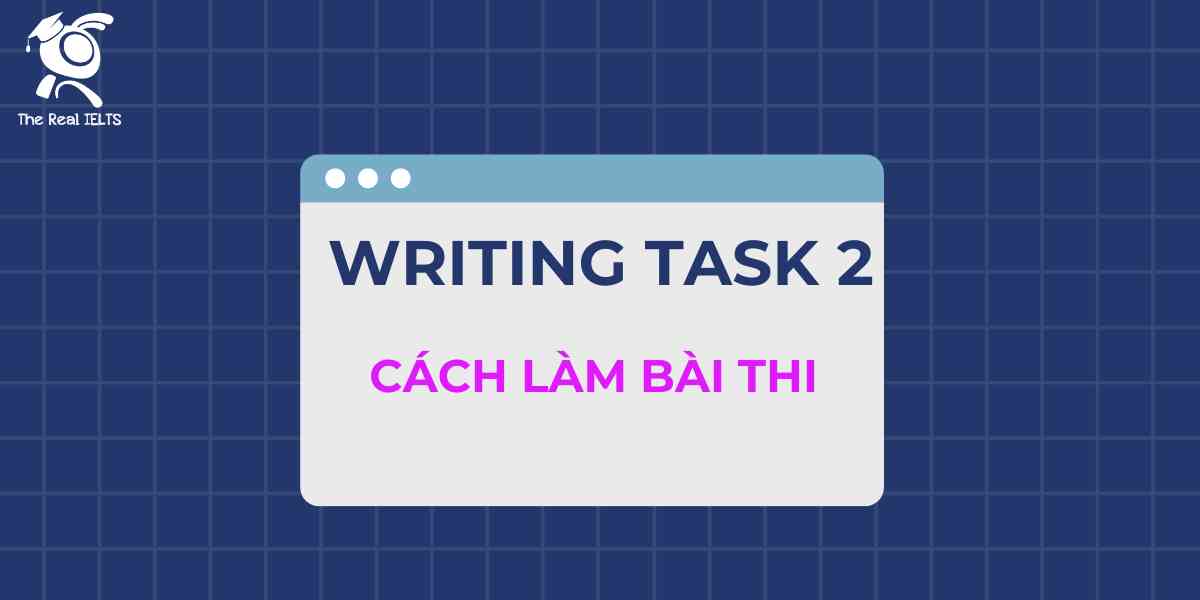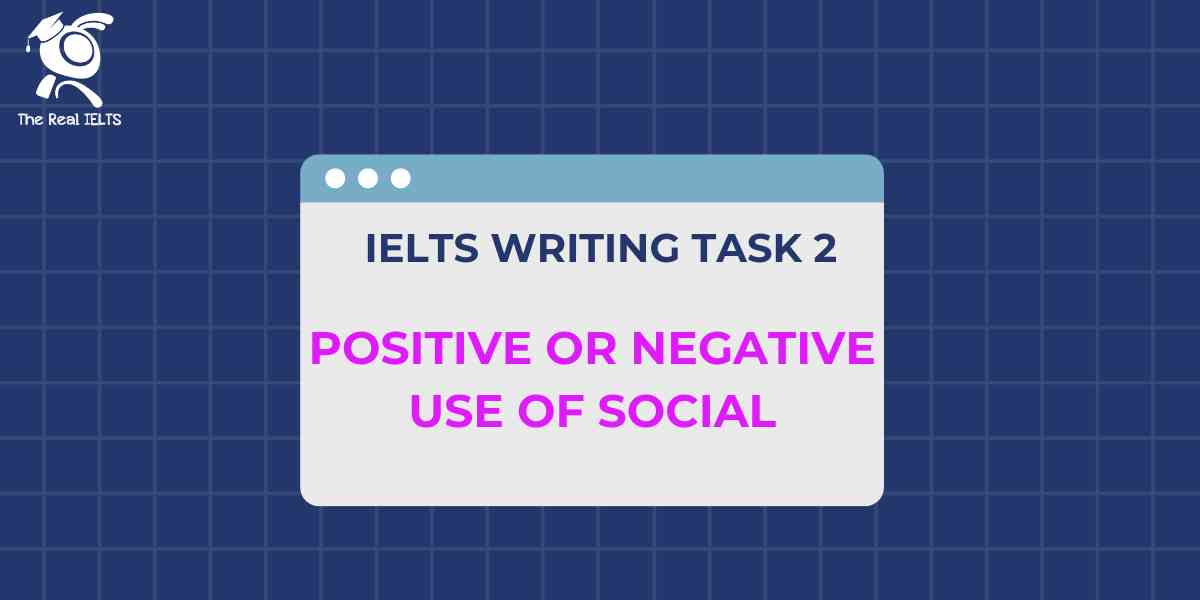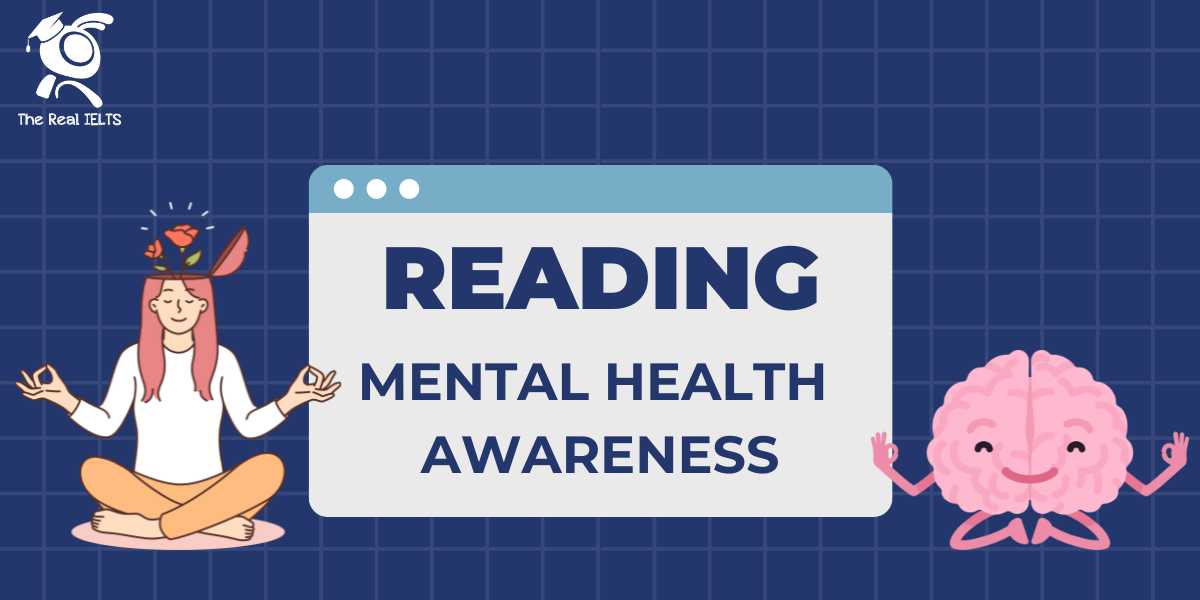Đề bài IELTS Writing task 2 dạng 2-Part reducing waste
You should spend about 40 minutes on this task
More individuals are becoming conscious about reducing waste and practicing zero waste. What are the reasons for this? How can people research this?
Write at least 250 words.
Bài mẫu IELTS Writing Task 2 dạng 2-Part
In recent years, there has been a growing awareness among individuals about the need to reduce waste and adopt zero-waste lifestyles. While this trend is commendable, not everyone fully embraces the movement or understands its depth. I partly agree that this shift is widespread, but there are still significant barriers that prevent many people from fully committing.
One key reason for the rise in zero-waste practices is the increasing global concern over environmental degradation. The effects of climate change, overflowing landfills, and plastic pollution have heightened public awareness. Media coverage, documentaries, and social media campaigns have played a significant role in educating individuals on the harmful impacts of waste, urging them to take responsibility for their consumption habits. Moreover, younger generations, who are more environmentally conscious, have been pivotal in driving this trend.
Economic factors also contribute to this shift. Many people realize that reducing waste can lead to financial savings. For instance, buying in bulk, using reusable products, or repurposing items can reduce household expenses. Furthermore, zero-waste living encourages a minimalist lifestyle, which appeals to those seeking simplicity and a more sustainable way of living.
However, despite the awareness, practicing zero-waste living can be challenging. Accessibility to zero-waste stores, the cost of eco-friendly products, and ingrained consumption habits make it difficult for everyone to adopt these practices fully. People can research zero-waste living through various means. The internet offers a wealth of information, from blogs and social media accounts to online courses that provide tips and strategies for reducing waste. Additionally, attending workshops or joining local zero-waste communities can provide hands-on experience and support.
In conclusion, while many individuals are becoming more conscious of the need to reduce waste, there is still a long way to go before zero-waste living becomes mainstream. People can educate themselves through a variety of resources, but for the movement to grow, more systemic changes, such as increased accessibility and affordability of sustainable products, are necessary.
Thống kê cấu trúc câu và cấu trúc ngữ pháp
- Cấu trúc câu:
- Câu đơn: Câu có một mệnh đề chính.
- People can research zero-waste living through various means.
- Câu ghép: Câu có hai mệnh đề chính liên kết với nhau bởi các liên từ như “and”, “but”, “or”.
- The effects of climate change, overflowing landfills, and plastic pollution have heightened public awareness.
- Câu phức: Câu có một mệnh đề chính và ít nhất một mệnh đề phụ.
- While this trend is commendable, not everyone fully embraces the movement or understands its depth.
- For instance, buying in bulk, using reusable products, or repurposing items can reduce household expenses.
- Câu phức ghép: Câu kết hợp của câu ghép và câu phức.
- The internet offers a wealth of information, from blogs and social media accounts to online courses that provide tips and strategies for reducing waste.
- Câu đơn: Câu có một mệnh đề chính.
- Cấu trúc ngữ pháp:
- Thì hiện tại đơn: Được sử dụng để nói về sự thật chung hoặc các sự kiện hiện tại.
- There has been a growing awareness…
- Many individuals are becoming more conscious…
- Cấu trúc bị động: Sử dụng để nhấn mạnh hành động hơn là người thực hiện hành động.
- The effects of climate change have heightened public awareness.
- Mệnh đề trạng ngữ chỉ lý do (because, since): Được sử dụng để giải thích lý do.
- One key reason for the rise in zero-waste practices is…
- Mệnh đề trạng ngữ chỉ tương phản (while): Dùng để thể hiện sự đối lập giữa hai ý.
- While many individuals are becoming more conscious of the need to reduce waste…
- Thì hiện tại đơn: Được sử dụng để nói về sự thật chung hoặc các sự kiện hiện tại.
Từ kết nối (linking words) trong các câu và đoạn văn:
- Từ nối giữa các câu và đoạn:
- In recent years: Mở đầu để nói về xu hướng thời gian gần đây.
- While: Dùng để nêu ý đối lập.
- One key reason: Dùng để giới thiệu lý do chính.
- Moreover: Thêm một lý do khác hoặc ý bổ sung.
- For instance: Đưa ra ví dụ minh họa cho ý trước đó.
- Furthermore: Tiếp tục đưa ra ý bổ sung.
- However: Dùng để thể hiện sự đối lập hoặc mâu thuẫn với ý trước đó.
- In conclusion: Kết luận bài viết và tổng hợp các ý chính.
- Từ nối trong câu:
- And: Dùng để nối các ý tương đồng.
- But: Dùng để nối các ý trái ngược.
- Such as: Dùng để đưa ra ví dụ cụ thể.
- For instance: Để minh họa cho lập luận đã nêu.
Các từ vựng tiếng Anh cần lưu ý trong bài viết
- Conscious – Nhận thức, ý thức
- Zero waste – Không rác thải
- Environmental degradation – Sự suy thoái môi trường
- Climate change – Biến đổi khí hậu
- Overflowing landfills – Bãi rác đầy tràn
- Plastic pollution – Ô nhiễm nhựa
- Public awareness – Nhận thức công chúng
- Media coverage – Sự đưa tin của truyền thông
- Documentaries – Phim tài liệu
- Social media campaigns – Các chiến dịch trên mạng xã hội
- Consumption habits – Thói quen tiêu dùng
- Financial savings – Tiết kiệm tài chính
- Minimalist lifestyle – Lối sống tối giản
- Sustainable – Bền vững
- Eco-friendly products – Sản phẩm thân thiện với môi trường
- Ingrained consumption habits – Thói quen tiêu dùng ăn sâu
- Workshops – Hội thảo
- Systemic changes – Thay đổi hệ thống
- Affordability – Khả năng chi trả
- Mainstream – Chính thống, phổ biến
Đọc thêm về bài viết gợi ý luyện thi IELTS.


